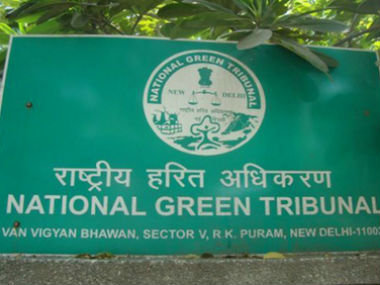The Supreme Court in the case Vithalbhai Ravjibhai Vansiya & Or’s V. Union of India & Anr observed in challenging the vires of provisions of limitation prescribed under Sections 14, 15 and 16 of National Green Tribunal Act, 2010. The Court issued notice in a writ petition filled.
The plea stated that as far as the infringement of the fundamental rights are concerned, no such impediment of limitation can be prescribed in certain other statutes, discretion has been given to the Court/Tribunal to decide the question of limitation even after the initial period within which the Complaint/Petition should have been instituted, had expired, like, in the Consumer Protection Act. a provision similar to Section 5 of the Limitation Act, even in these legislations which provides for extension of the prescribed period for preferring any appeal or application, is provided. In certain other statutes. And it further stated that There has to be some certainty regarding one’s rights and A person cannot be put on alert for all times. It has a public purpose in certain legislations for introducing of limitations.
The petition was filed through Advocate Abhimanue Shrestha and Sanjay Parekh, a Senior Advocate appeared for the petitioner.
As against what is available in the NGT Act creates a situation that becomes unexplainable in the context of environmental matters, The petitioner further stated that there is a big gap in the remedies available under Article 226 and Article 32 of the Constitution of India.
As Article 226 of the Constitution Article 32 empowers the Supreme Court to issue writ all over India. Therefore, the Supreme Court has broader territorial jurisdiction and furthermore Article 226 empowers the High Court to issue a writ in its own local jurisdiction only. Therefore, High Courts have narrower territorial jurisdiction as compared to the Supreme Court.
In realization of Article 21 of the Constitution of India the limitation clauses in Section 14, 15, and 16 of the Act cause unconstitutional hindrance to the above-mentioned Article and further it was argued by the petitioner in the plea.
The petitioner had averred that the limitation clauses also allow the arbitrariness and unjustness in relation to the environmental issues and, therefore, violate Article 14 of the Constitution of India. Therefore, seeking to either strike down or read down the impugned provisions.
The bench comprising of Justices DY Chandrachud and the justice Surya Kant was hearing the matter.
Supreme Court issues notice on plea on National Green Tribunal Act
- Advertisement -

